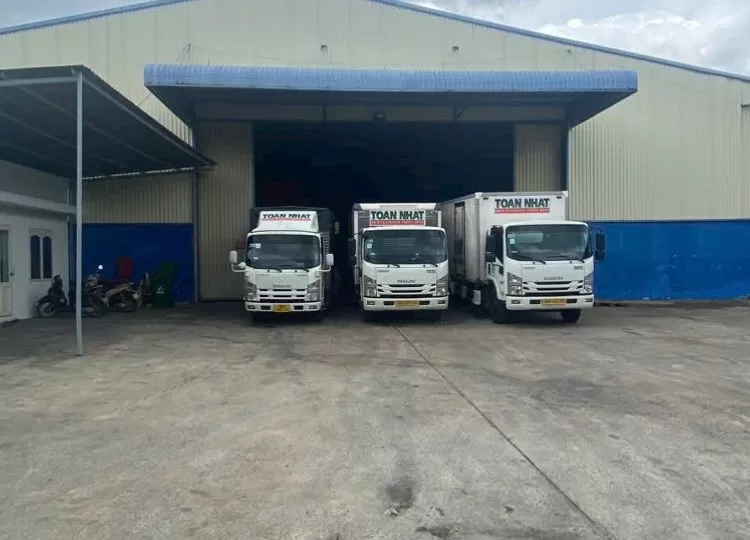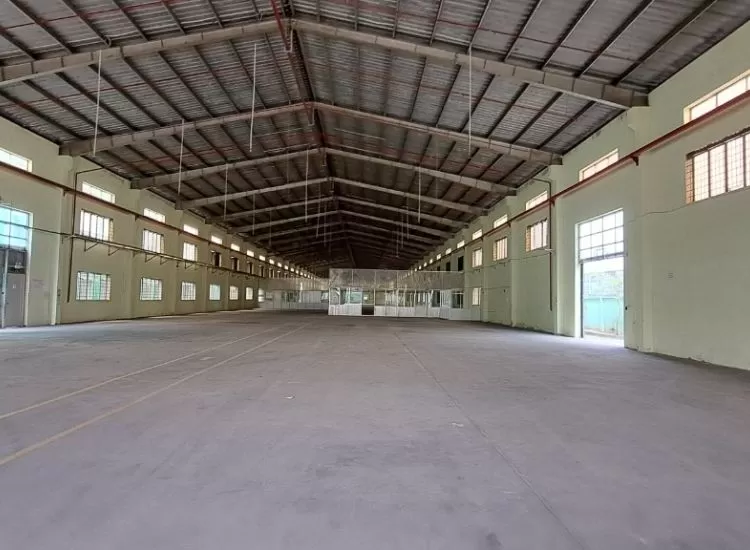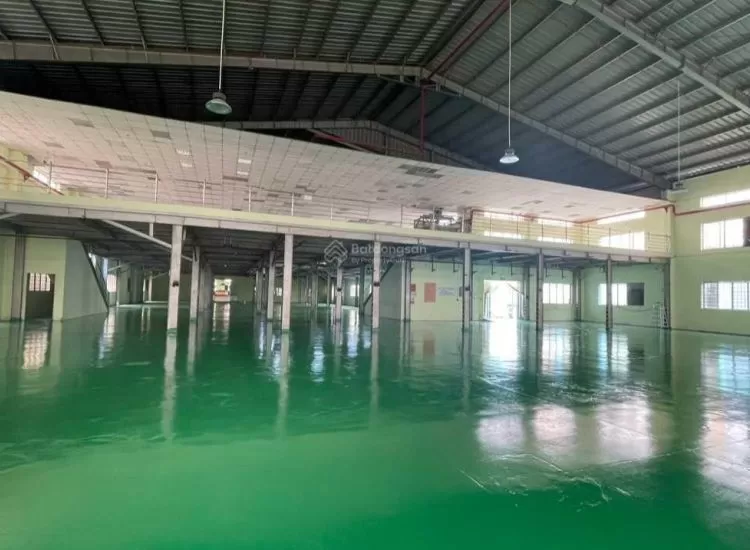Risk of supply chain crisis from Suez Canal
Houthi attacks on cargo ships passing through the Red Sea and Gulf of Aden could reduce the number of ships passing through the Suez Canal, possibly leading to a global supply chain crisis.
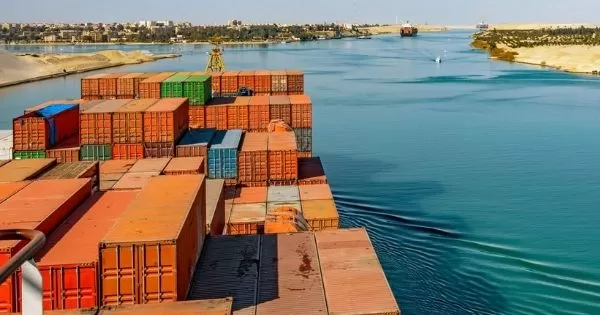
Suez Canal (Photo: Istock)
Leading shipping industry expert Peter Sand warned that Houthi missile and drone attacks on cargo ships passing through the Red Sea and Gulf of Aden could reduce the number of ships passing through the Suez Canal, which could cause a global supply chain crisis.
Mr. Sand, Chief Analyst at market analysis and consulting firm Xeneta, said: “All ships transiting the Suez Canal must sail through the Red Sea and Gulf of Aden and the Houthi militia has made clear that any vessel is a target". And, “I do not believe the Suez Canal will close, however, if there are further significant escalations then we cannot rule it out, even if it is just for a few days,” he said.
Mr. Sand commented above after news of the missile attack on the Maersk Hamburg ship. After this attack, there were reports of further attacks by Houthi forces on other ships, including a missile attack on the Hapag-Lloyd ship Al Jasrah, causing a fire but there were no injuries, and a similar incident occurred against the container ship MSC Palatium III.
True to Mr. Sand's warning about the impact on the Suez Canal, Maersk shipping company said on December 15 that it would suspend all operations through the Red Sea, and Hapag-Lloyd is also said to be considering doing likewise.
Mr. Sand also recalled the incident more than two years ago, “We saw back in 2021 during the Ever Given incident the severe consequences of a closure of the Suez Canal. Supply chains were plunged into chaos and it took months to restore order.” He commented, “The ocean freight industry has been deeply scarred by Ever Given and is frankly terrified of any situation which threatens the closure of the Suez Canal.”
Currently, more than 50 ships pass through the Suez Canal every day, carrying billions of dollars of goods to Northern Europe, the Mediterranean and the East Coast of North America.
Xeneta said that with restrictions on ships passing through the Panama Canal due to dry conditions, the latest developments in Suez could not have come at a worse time for the shipping industry.
Mr. Sand added: “We are already seeing ocean freight liner operators and owners choosing to reroute vessels away from the Red Sea and Gulf of Aden region,” and explained, “Due to the importance of the Suez Canal to global supply chains, even a small disruption can have big consequences."
The main alternative is to sail around the Cape of Good Hope, which adds up to 10 days sailing time for services from Asia to North Europe and East Mediterranean.
“We may also see the cost of moving freight by ocean increase dramatically. Depending on the scale and duration of any disruption at the Suez Canal, we could see ocean freight shipping rates increase by anything up to 100%,” said Mr. Sand.
Source: Phaata.com (According to MarineLog)
Phaata.com - Vietnam's First International Logistics Marketplace
► Find Better Freight Rates & Logistics Services!










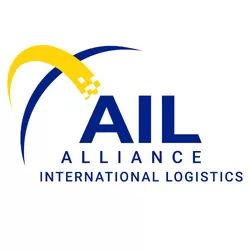












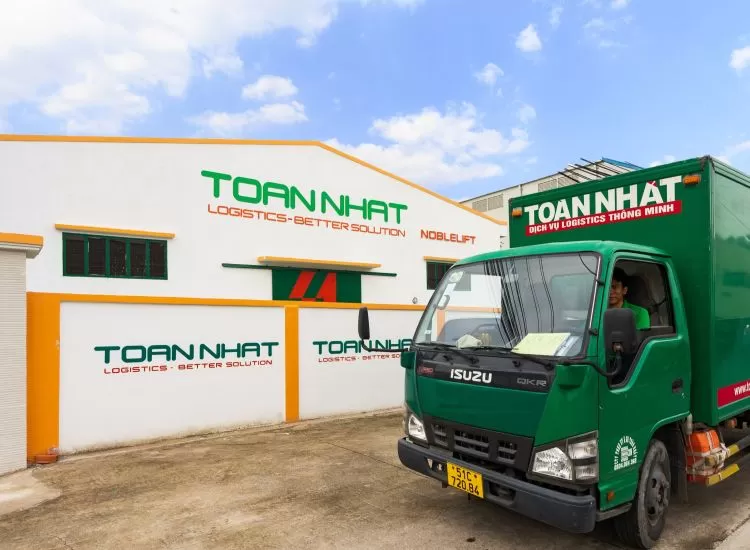
.webp)

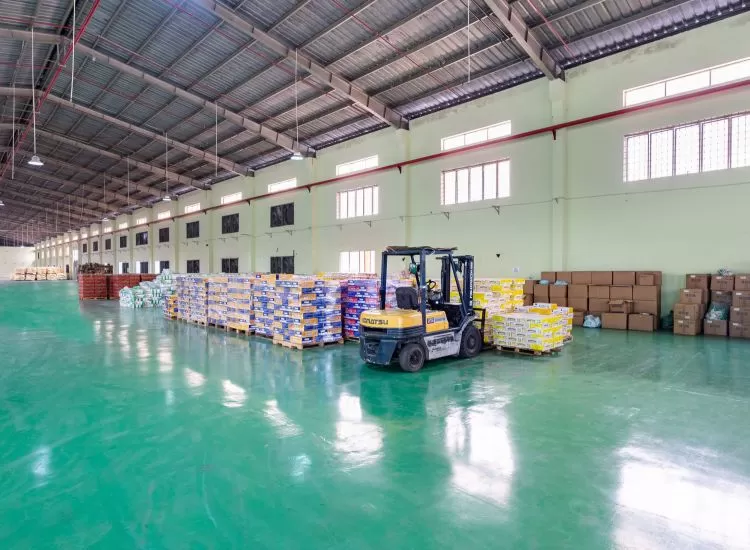






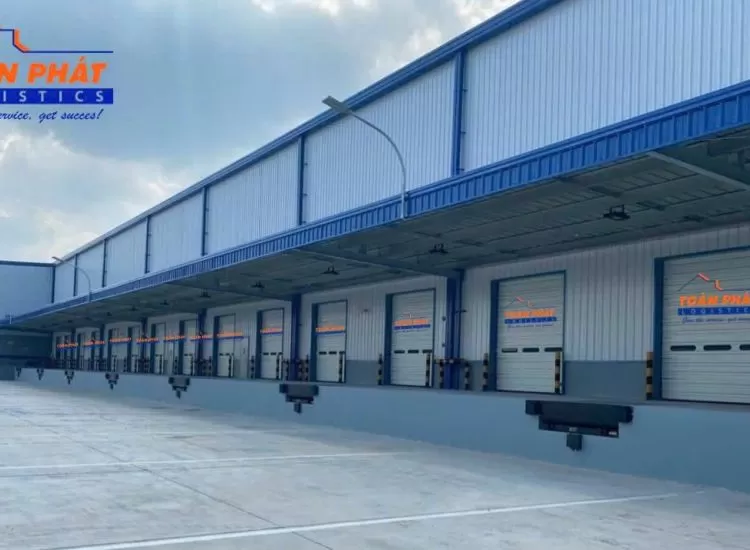

.webp)

